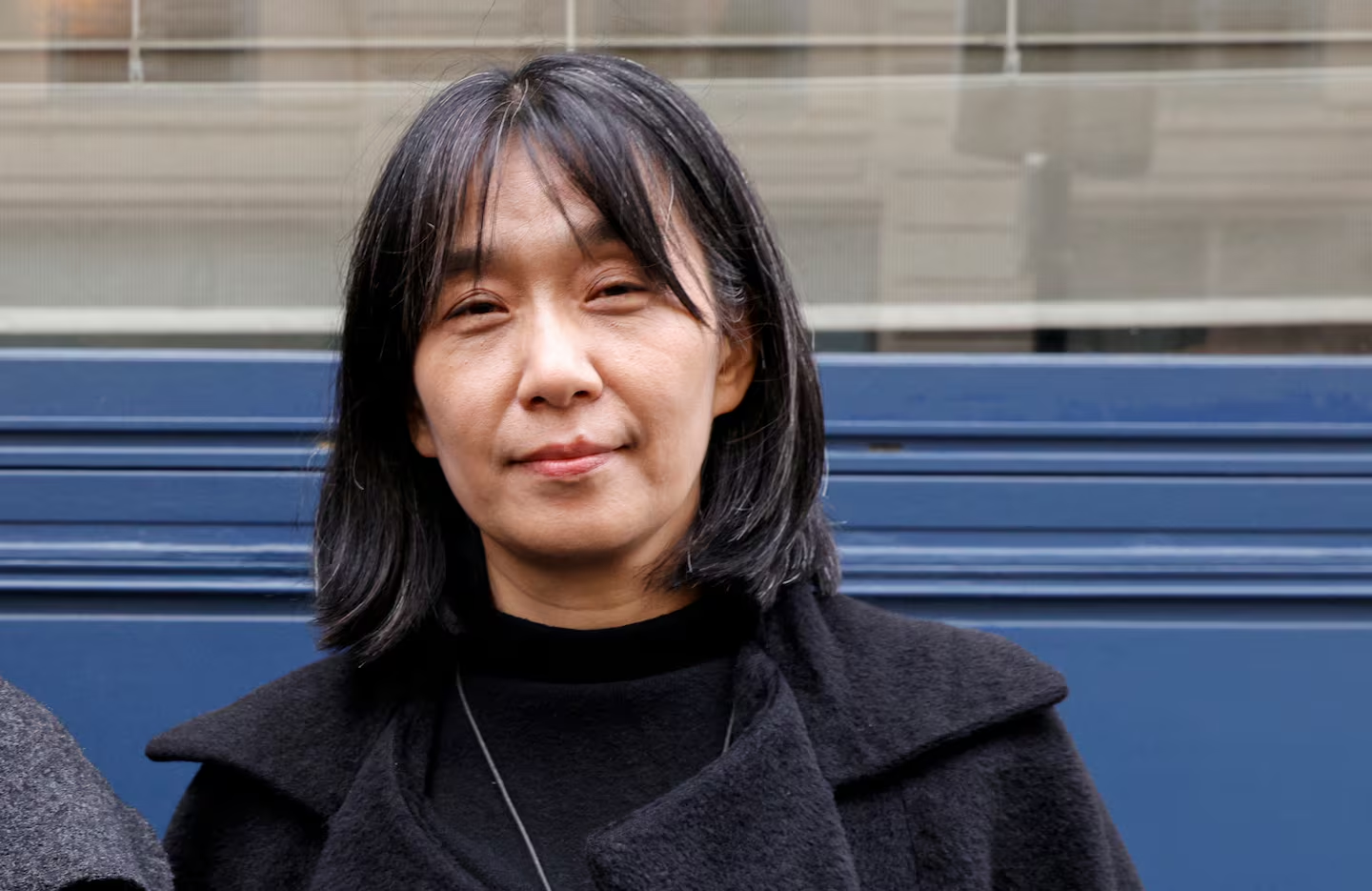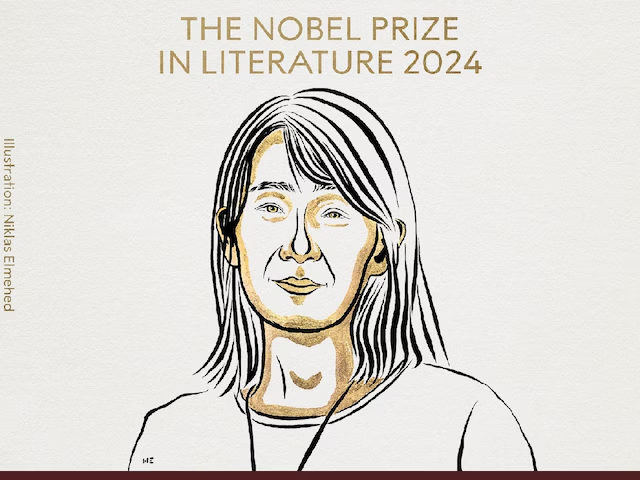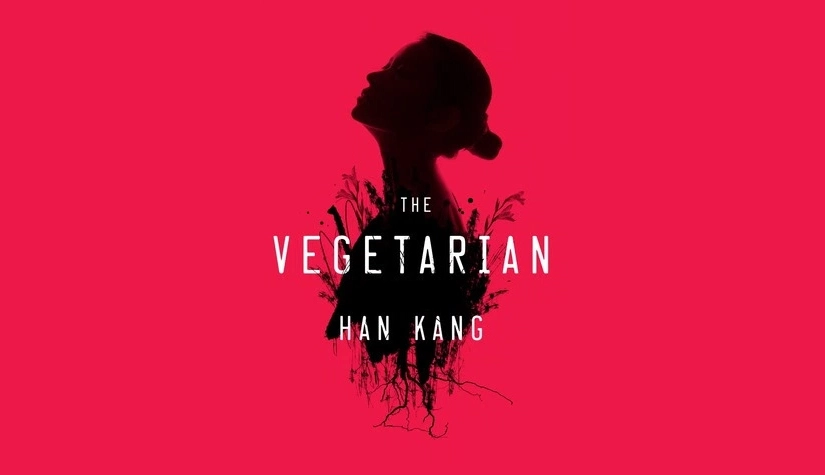The Swedish Academy awarded the 2024 Nobel Prize in Literature to South Korean author Han Kang on Thursday, praising her “intense poetic prose that confronts historical traumas and exposes the fragility of human life.” The honor marks a significant milestone as Han becomes the first Asian woman and the first South Korean writer to receive this prestigious award.

Nobel committee chairman Anders Olsson lauded Han’s work for its “physical empathy for the vulnerable, often female lives” of her characters. He noted her “unique awareness of the connections between body and soul, the living and the dead,” and her innovative, poetic, and experimental style in contemporary prose.
Han, 53, gained international recognition when she won the International Booker Prize in 2016 for “The Vegetarian,” a haunting novel exploring the consequences of a woman’s decision to stop eating meat. Her novel “Human Acts,” based on the real-life killing of pro-democracy protesters in her home city of Gwangju in 1980, was described by Olsson as a work of “witness literature.”

The author’s works, including “Greek Lessons,” “The White Book,” and the upcoming “We Do Not Part,” consistently grapple with themes of human vulnerability, historical trauma, and the complex relationships between body and soul. Han’s literary career began as a poet in 1993, followed by her first short story collection in 1994 and her debut novel, “Black Deer,” in 1998.
This Nobel recognition comes amid growing global influence of South Korean culture, exemplified by the success of films like “Parasite,” TV series such as “Squid Game,” and K-pop groups like BTS and BLACKPINK. Han’s award also addresses longstanding criticism of the Nobel Literature Prize for its historical focus on European and North American writers and male dominance, with Han being only the 18th woman among 120 laureates.

The literature prize, which carries a cash award of 11 million Swedish kronor ($1 million), is part of a week of Nobel announcements. Han will be invited to receive her award at a ceremony on December 10, the anniversary of Alfred Nobel’s death.
As South Korea’s second Nobel laureate, following former President Kim Dae-jung’s Peace Prize in 2000, Han Kang’s win represents a significant moment for Asian literature on the global stage and further cements South Korea’s growing cultural influence worldwide.



